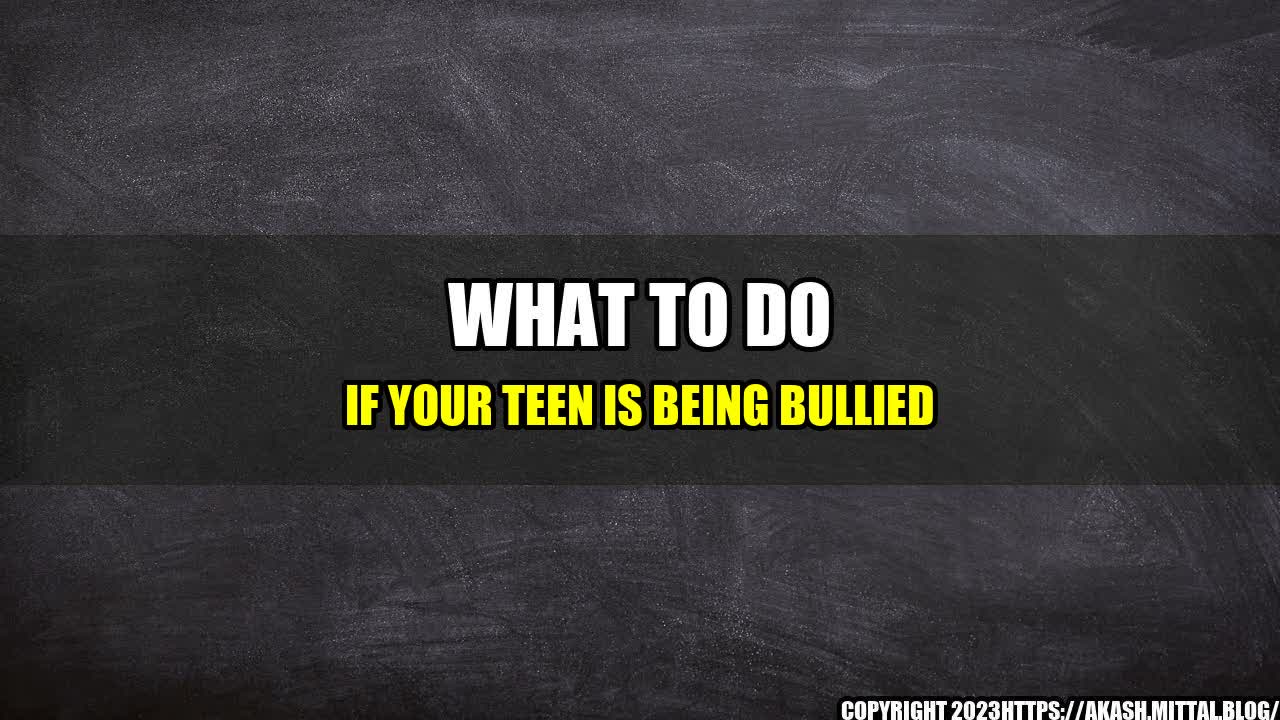
As parents, we always want our children to be safe and happy. Unfortunately, bullying is a harsh reality that many teenagers face. It can be difficult to know how to help your child when they are being bullied, but there are steps you can take to support them.
My daughter Emily started high school last year and seemed to be doing well until she started receiving nasty messages on social media. At first, she tried to ignore them, but they kept getting worse. She became withdrawn and anxious, and her grades started to slip. I knew something was wrong, but I didn't know the best way to help her.
After speaking to some other parents, I realized that Emily was not alone in her experience. Many teenagers face bullying and online harassment. I decided to take action.
Bullying can take many forms, including:
According to the National Center for Educational Statistics, 20% of students aged 12-18 experienced bullying in the 2018-2019 school year. This means that approximately 6.5 million students were affected by bullying in one year.
If you suspect that your teenager is being bullied, it's important to take action. Here are some steps you can take:
After documenting the bullying incidents and speaking to the school, I was relieved to find that they were taking the situation seriously. The school counselor offered to meet with Emily on a regular basis to support her emotional wellbeing, and the principal arranged for some assemblies on bullying awareness to raise student awareness.
Emily was also encouraged to pursue extracurricular activities and to get involved in clubs and groups, which helped her to make new friends and build confidence.
Remember that bullying can have a long-term impact on your child's emotional wellbeing. By taking action, you can help your child to feel supported and empowered.
Curated by Team Akash.Mittal.Blog
Share on Twitter Share on LinkedIn